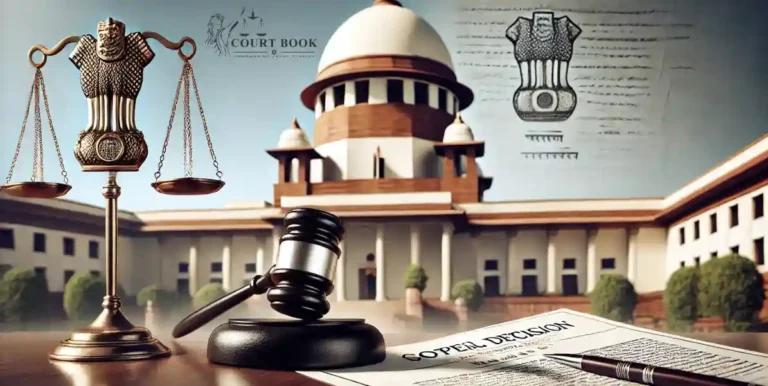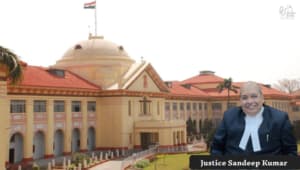The Supreme Court, on March 3, granted interim bail to former civil servants Saumya Chaurasia, Ranu Sahu, and other accused individuals in the Chhattisgarh Coal Levy Scam case. The order was passed by a bench comprising Justice Surya Kant and Justice NK Singh.
This decision comes in response to the petitioners' challenge against the Chhattisgarh High Court's November 4, 2024 order, which had dismissed their bail applications.
The Supreme Court emphasized the need to maintain a balance between personal liberty and an effective investigation. The bench observed:
"The release of the petitioners on interim bail is on a trial basis, to strike a balance between liberty and fair investigation."
The petitioners are accused of violating Sections 420 and 384 of the Indian Penal Code (IPC), along with Sections 7(7), 15, and 12 of the Prevention of Corruption Act, 1988. They allegedly misused their official positions to assist the main accused, Suryakant Tiwari, in collecting extortion money from coal transporters, causing significant financial losses to the state exchequer. Additionally, they have failed to provide a satisfactory explanation for their amassed assets.
Read Also:- Supreme Court Refuses to Quash 2011 FIR Against Ex-IAS Officer Pradeep Sharma, Grants Anticipatory Bail
The Enforcement Directorate (ED) initially arrested the petitioners in 2022 under ECIR/RPZ/09/2022 for violations under Sections 3 and 4 of the Prevention of Money Laundering Act (PMLA), along with Sections 384 and 120B of the IPC. Subsequently, the State Police registered an FIR against them on January 17, 2024.
The Court was informed that the investigation is still ongoing, and a supplementary chargesheet is expected to be filed within two months.
The Counsel for the State argued against granting bail, stating that the accused misused their positions to cause public financial losses, and their release might obstruct the investigation.
On the other hand, Senior Advocate Sidharth Dave, appearing for the petitioners, contended that most of the accused had already been in custody for over two years, with some detained for nearly a year. He further argued that since the trial would take considerable time, keeping them incarcerated indefinitely would be unjust.
Key Observations by the Supreme Court
Taking all factors into account, the Supreme Court ruled in favor of granting interim bail, stating:
"It is not in dispute that hundreds of witnesses have been cited, and in view that a supplementary chargesheet will also be filed, there is no likelihood of concluding the trial in a reasonable time."
The Court further clarified:
"Taking into consideration the time-consuming process of the investigation and without putting any burden on the investigating agency to conclude the investigation in a hasty manner, we deem it appropriate at this stage to release the petitioners on interim bail subject to the conditions on the satisfaction of the investigating agency and the trial court."
The order also included strict conditions for the petitioners' release:
"If any petitioner is found involved in influencing witnesses and/or tampering with evidence, or causing impediment in the investigation, the State would be at liberty to bring such instances on record with supporting material. In that event, the protection shall be withdrawn."
The Court has directed the State to monitor and report the conduct of the accused while they are out on bail. The matter is scheduled for a hearing after six weeks.
Case Name: Ranu Sahu vs. State of Chhattisgarh
Case Number: SLP(Crl) No. 015941 / 2024 & Connected Matters















